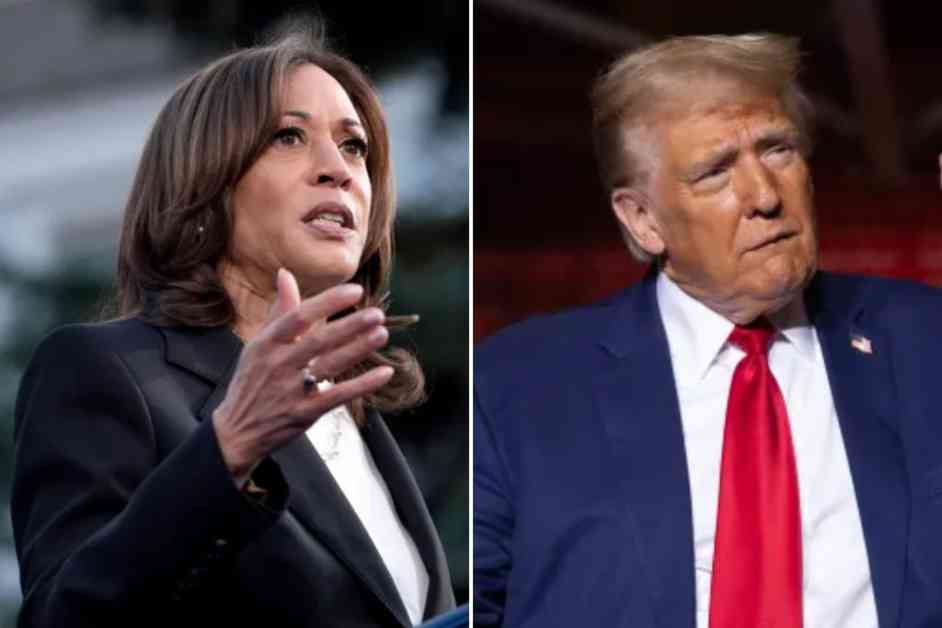A federal budget watchdog is urging both Vice President Kamala Harris and former President Donald Trump to provide voters with detailed plans to address the national debt, which currently stands at $35.67 trillion, according to the U.S. Treasury. Over the past twenty years, growing budget deficits have significantly increased the federal government’s debt burden, yet neither Harris nor Trump has released specific strategies to tackle this issue.
The Committee for a Responsible Federal Budget, a nonprofit organization, has called on both candidates to prioritize the national debt problem before the upcoming election on Nov. 5. In a letter addressed to Harris and Trump, the board emphasized the importance of addressing the skyrocketing national debt as a bipartisan challenge that must be tackled by the next president during their term.
The board highlighted that the U.S. publicly held debt is on track to exceed the entire size of the U.S. economy soon, with projections indicating it will surpass the record of 106% of gross domestic product by 2027. Currently, the federal government spends more on interest on the debt than on national defense and all federal spending on children combined, costing approximately $892 billion this year.
According to the watchdog group, the implications of high and rising debt include slower economic growth, higher interest rates, limitations on responding to emergencies such as natural disasters and pandemics, and national security threats. American voters deserve to know the candidates’ plans for improving the country’s fiscal trajectory, as stated in the letter.
Moody’s, a credit rating agency, issued a similar warning, indicating that the incoming administration will face a worsening U.S. fiscal outlook if policy measures are not implemented to curb rising debt affordability and limit fiscal deficits. Without such measures, the U.S. sovereign credit profile will be increasingly impacted by declining fiscal strength.
In February, a report from the U.S. Government Accountability Office highlighted the challenges posed by the national debt, while a Congressional Budget Office report projected that federal spending will remain unsustainable for decades. It is crucial for political leaders to address these issues and provide concrete plans to safeguard the country’s financial future and ensure long-term economic stability.

